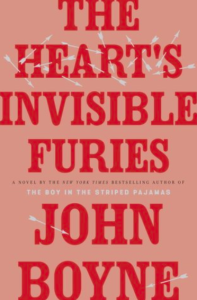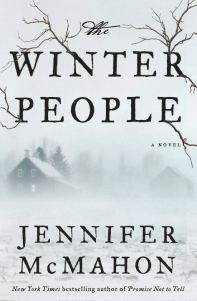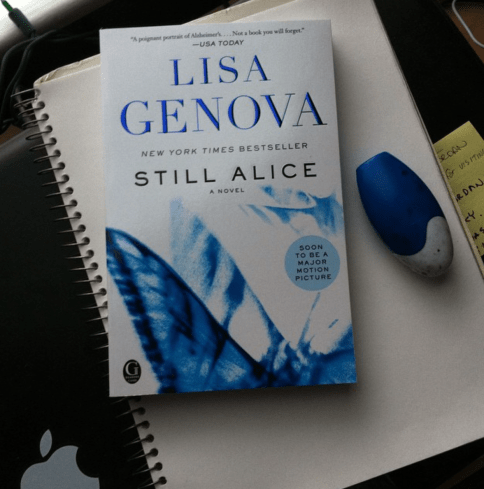 I am excited to say that a copy of The Heart’s Invisible Furies by John Boyne is on its way to my home. Thanks to Blogging for Books, I will receive a free copy in exchange for a review, and here I need to express my utmost anticipation. (*Insert little kid squeal: EEEEEE.*)
I am excited to say that a copy of The Heart’s Invisible Furies by John Boyne is on its way to my home. Thanks to Blogging for Books, I will receive a free copy in exchange for a review, and here I need to express my utmost anticipation. (*Insert little kid squeal: EEEEEE.*)
Emily May, a book reviewer I obsessively follow via Goodreads, praised the book very highly, as have many countless others. (Ok, so actually there are something like 384 reviews at time of posting, but whatever.) It was also available in Book of the Month’s August box, but I opted for Gin Phillips’ Fierce Kingdom. Oops.
Here, I’d like to share Emily’s review to fully convey my excitement. (For more about her, please visit her site: The Book Geek.)
Emily’s Review:
Maybe there were no villains in my mother’s story at all. Just men and women, trying to do their best by each other. And failing.
This book. THIS BOOK. I cannot remember the last time I became so thoroughly immersed in a story, fell so deeply in love with the characters, and had my heart so fully ripped out. The Heart’s Invisible Furies is a masterpiece. Most people will know Boyne from his hard-hitting children’s book The Boy in the Striped Pajamas, but this book is something else entirely.
For more of Emily’s review—and the reason behind my giggly excitement—continue.
I’m not sure where to start. This book has been doing well with critics so I expected it to be pretty good – I just didn’t expect it to be unputdownable. I also thought it might be hard-going, but it was a really easy read, albeit long and sometimes depressing. At one point, the characters have a discussion about authors and what makes a good book and I found this quote especially fitting:
“He tells a story, and that’s what I like. Does this fella tell a story? He doesn’t spend twenty pages describing the colour of the sky?”
Because, as much as I love descriptions and metaphors and whatnot, there is nothing I love more than just a damn good story. Which I think this book is.
It is essentially the life story of Cyril Avery from conception to old age. He is a gay man born into an extremely conservative Ireland and his personal experiences are set to the backdrop of two harrowing histories – the modern history of Ireland, the IRA and terrorist bombings, and the long, difficult history of LGBT rights. It is rife with the sexism and homophobia typical of the era.
The story moves from the postwar period, showing an Ireland that is almost theocratic in its obsession with the church, to the more liberal 1980s in Amsterdam, to New York City in the middle of the AIDs crisis, and back to a more modern Ireland that is moving towards the legalization of gay marriage.
There’s a lot of the kind of humour I really like, which tempers a story that is in many ways an incredibly sad one. There is profound loneliness and depression in being gay in 1960s Ireland:
The belief that I would spend the rest of my time on earth lying to people weighed heavily on me and at such times I gave serious consideration to taking my own life.
But the characters shine through the darkness with dialogue that is dry and silly:
‘What’s a pervert?’ I asked.
‘It’s someone who’s a sex maniac,’ he explained.
‘Oh.’
‘I’m going to be a pervert when I grow up,’ he continued.
‘So am I,’ I said, eager to please. ‘Perhaps we could be perverts together.’
****
‘I’ve never even heard of President Eisaflower,’ said Bridget with a shrug.
‘Eisenhower,’ I said.
‘Eisaflower,’ she repeated.
‘That’s it,’ I said.
****
‘Is that supposed to be a joke?’ she asked.
‘It was,’ I admitted. ‘As I heard the words coming out of my mouth, they sounded less amusing than I thought they would.’
‘Some people just shouldn’t try to be funny.’
Neither the history of Ireland nor the history of LGBT rights is a particularly happy one, so the humour was a really great balance to this.
And I was just completely taken with all the characters. As with the opening quote, none of them are merely heroes or villains. They are not neat and they make mistakes, sometimes horrendous ones that will challenge your ability to love them, but I, at least, found it easy to forgive them for being so painfully human. What happens toward the end of the New York chapters will come as no surprise, and yet that doesn’t make it hurt any less.
The ending is absolutely perfect for this kind of story. It is happy in many ways, but it does carry a certain sadness with it. A bittersweetness to round off a life tale full of love, misery, heartache and hope. It was wonderful.
OK. I’m certain you now understand my excitement, anticipation, and squealing nature. Please carry on with your day and definitely try to get your paws on a copy of this book. I’ll report back once I do!
Advertisements Share this:




